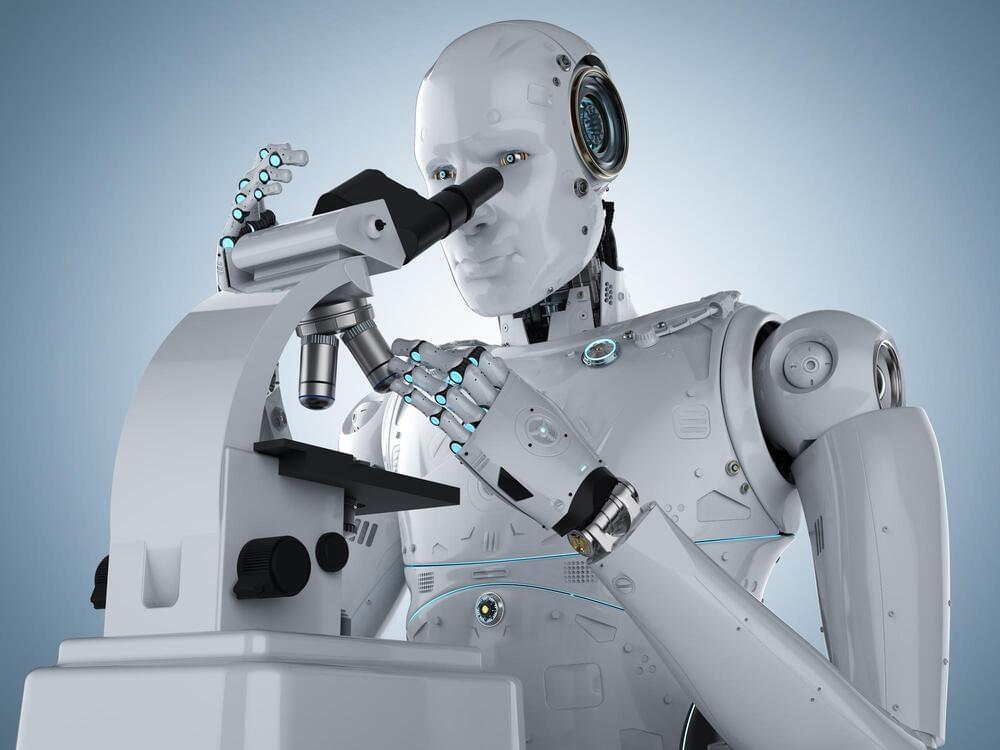May 15, 2023
Groundbreaking: The clearest snapshot of human genomic diversity ever taken
Posted by Josh Seeherman in categories: biotech/medical, evolution, genetics, health
Scientists with the Human Pangenome Reference Consortium have made groundbreaking progress in characterizing the fraction of human DNA that varies between individuals. They have assembled genomic sequences of 47 people from around the world into a so-called pangenome in which more than 99 percent of each sequence is rendered with high accuracy.
For two decades, scientists have relied on the human reference genome as a standard to compare against other genetic data. Thanks to this reference genome, it was possible to identify genes implicated in specific diseases and trace the evolution of human traits, among other things.
However, it has always been a flawed tool: 70% of its data came from a single man of predominantly African-European background whose DNA was sequenced during the Human Genome Project. Hence, it can reveal very little about individuals on this planet who are different from each other, creating an inherent bias in biomedical data believed to be responsible for some of the health disparities affecting patients today.

















